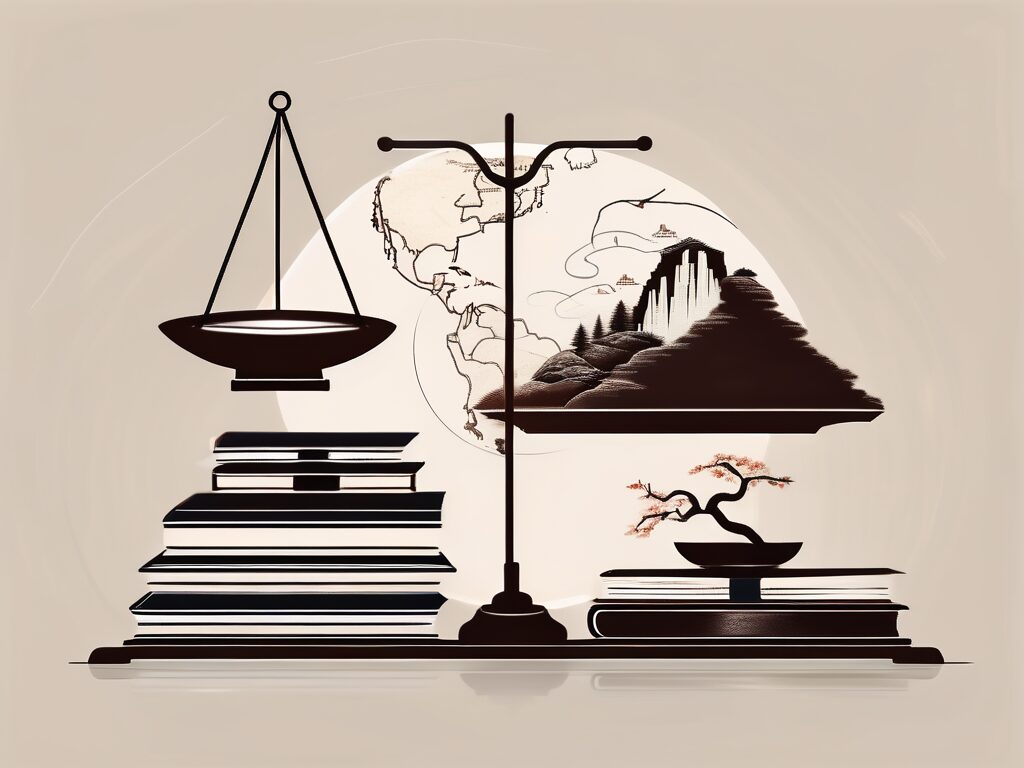html
What is the Role of Teacher in the 21st Century Education?
The role of teachers in the 21st century has evolved significantly, driven by technological advancements and global educational trends. For aspiring international educators, understanding this transformation is crucial for success. In this article, we will explore the importance of this role, the skills required, and how to embark on a successful teaching career in today’s world.
Table of Contents
- Why is it Important for Aspiring International Teachers?
- Key Skills or Qualifications Required
- Steps to Get Started
- Challenges and How to Overcome Them
- Best Practices and Tips for Success
- Conclusion
Why is it Important for Aspiring International Teachers?
The global demand for qualified teachers is on the rise, with international schools seeking educators who can adapt to diverse cultural and educational settings. According to recent data, the international school market is expected to grow by 8% annually. This trend highlights the need for teachers who are not only knowledgeable but also culturally competent and technologically savvy.
Key Skills or Qualifications Required
To thrive as a 21st-century educator, aspiring teachers should focus on developing the following skills:
- Technological proficiency: Familiarity with digital tools and online teaching platforms.
- Cultural awareness: Understanding and respecting diverse cultural backgrounds.
- Adaptability: Ability to adjust teaching methods to suit different learning environments.
- Communication: Strong verbal and written communication skills.
- Critical thinking: Encouraging students to analyze and evaluate information critically.
Steps to Get Started
Embarking on a teaching career in the 21st century involves several key steps:
- Obtain relevant certifications, such as a teaching degree or international teaching qualifications.
- Gain experience through internships or volunteer teaching opportunities.
- Engage in continuous professional development to stay updated with educational trends.
- Network with other educators and join professional teaching organizations.
Challenges and How to Overcome Them
Teaching in the 21st century comes with its own set of challenges, including:
- Keeping up with rapid technological changes.
- Managing diverse classrooms with varying needs.
- Balancing administrative duties with teaching responsibilities.
To overcome these challenges, educators should embrace lifelong learning, seek mentorship, and utilize available resources and support networks.
Best Practices and Tips for Success
Successful 21st-century educators often employ the following best practices:
- Incorporate technology to enhance learning experiences.
- Foster an inclusive classroom environment.
- Encourage student collaboration and active participation.
- Continuously assess and refine teaching strategies.
Conclusion
The role of teachers in the 21st century is dynamic and multifaceted, requiring a blend of traditional teaching skills and modern competencies. By understanding the evolving landscape and equipping themselves with the necessary skills, aspiring international educators can make a significant impact in the global education sector.
Want to become a teacher in a Tier 1 international school? Join the course here.

